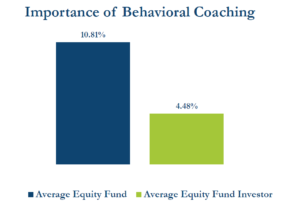
Reading Time: 2 minutes
The Incredible Cost to Climb Mount Everest- Retirement is Very Expensive
One shortcut we often see people make is to purchase an annuity they think will “guarantee” them income and remove their fears from market volatility. Unfortunately, the client may not understand the terms of the contract, and this can cost them dearly as there are often surrender periods and hidden fees inside these confusing products. At Intelligent Investing we may be able to provide an “annuity rescue” and would be happy to sit down with you to discuss your options.
In our next blog, we will cover the next parallel between climbing Mount Everest and transitioning into Retirement. To read about “How to Choose Your Sherpa,” click here.
Schedule a short discovery call or meeting







